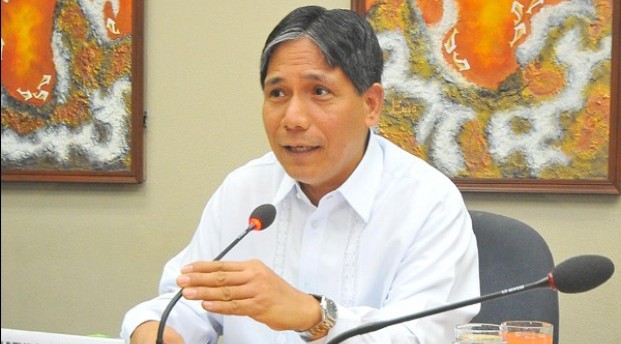New PDEA labs all over PH to hasten drug prosecutions
MANILA, Philippines–The Philippine Drug Enforcement Agency (PDEA) has set up forensic laboratories all over the country to facilitate the prosecution of drug cases.
PDEA Director General Arturo Cacdac Jr. made the announcement Wednesday after the inauguration of a drug-testing and examination facility in the Cordillera Administrative Region.
Cacdac said that for the past 11 years, the PDEA had only one forensic laboratory at its national headquarters in Quezon City.
“Now, each PDEA regional office has a fully operational laboratory. The agency can now independently analyze seized dangerous drugs and administer drug tests on arrested suspects throughout the country,” he said.
The PDEA chief said the forensic laboratories were vital to the investigation of illegal drug cases.
Article continues after this advertisement“This hastens the process of filing drug cases in court as seized suspected illegal drugs could be immediately examined at any time of the day after antinarcotics operations,” Cacdac said.
Article continues after this advertisementThe PDEA regional forensic laboratories are now operational in Region I in La Union, Region VI in Iloilo City, Region VII in Cebu City and Region XI in Davao City.
Cacdac said these laboratories are capable of conducting qualitative and quantitative examinations using gas chromatograph mass spectrometry, which is vital in confirmatory drug tests to persons who tested positive in screening tests.
Region IV-B can particularly conduct drug tests using the gas chromatography flame ionization detector, which measures the concentration and purity of confiscated dangerous drugs.
Other regional offices—Cagayan, Pampanga, Laguna, Legazpi City, Tacloban City, Cagayan de Oro City, General Santos City, Butuan City, Zamboanga City, Benguet and Cotabato City—are capable of conducting forensic examinations using thin layer chromatography.
This chromatographic technique is useful in separating organic compounds and can detect, identify and analyze illegal substances and monitor the progress of organic reactions and check the purity of drugs.
“The PDEA also has highly trained chemists who conduct qualitative examinations of illegal drugs that would be used later as evidence in court,” Cacdac said.
